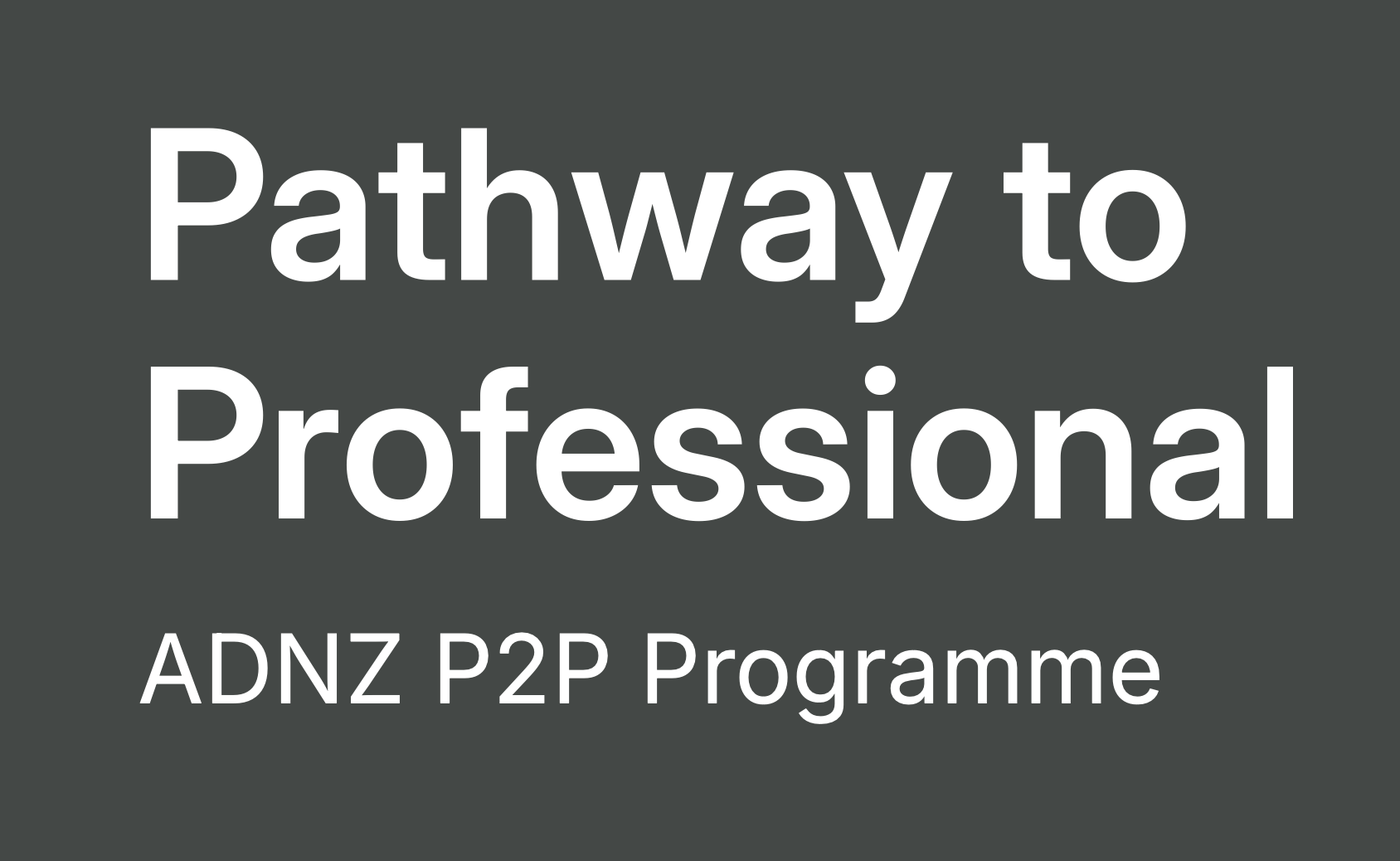
They say there's one under every rock. They're talking about learning designers. There are lots of applicants, and it's highly competitive.
If you're going to go into the interview with a shell like a crab —a survivor— ready to talk knowledgeably on any wacko learning theory the interviewer chooses to come up with, then you'd better sit up and swot up.
First, there's what you need to know. Learning designers are a tribe of wonks. Each has their pet theory on how people learn and how you design for it. The pet theories are loosely based on learning theory (Piaget, Papert, Kolb, Gardner, Bloom, and others), neuroscience (Oakley, Sejnowski), school of hard knocks (Cathy Moore), games (Bartlett, Amy Jo Kim, Jesse Schell) and sheer chutzpah (Nick Shackleton-Jones). That's about a quarter of them. You get the idea. When you walk into the room or onto the Zoom screen you don't know what you'll be asked, but what you're asked will tell you a lot about whether you want the job or not. It's your moment to shine. Or to look unbelievably dumb.
If I haven't completely put you off the idea of becoming a learning designer, you could start by enroling yourself in our free Boss Monster Quiz and seeing how you score. If you are already a learning designer, or you've done some reading, you might like to contribute some questions and help the monster grow.
Second, there's what you need to show you can do. Write tight text, turn verbose garbage into polished bullet points, create charts, create graphics-that-tell-a-story, make everyday people look smart on video, code in javascript and php, jump through hoops on compacted timelines, manage three projects at once and stay physically fit enough to remain awake on long afternoons in a poorly ventilated office. And all that is just the basics, you then have to design the learning so that your audience can remember it, retrieve it when they need it, apply it to real-world problems, and come back wanting more.
If you've got a passion project you'd like to turn into a portfolio piece — talk to us. Your demo could be earning you money while you wait to bring your dream employer in to admire your work. IP remains strictly yours, generous revenue share.


